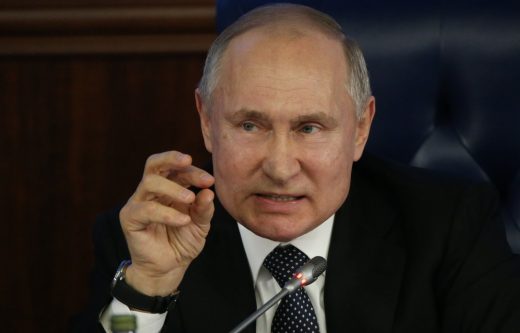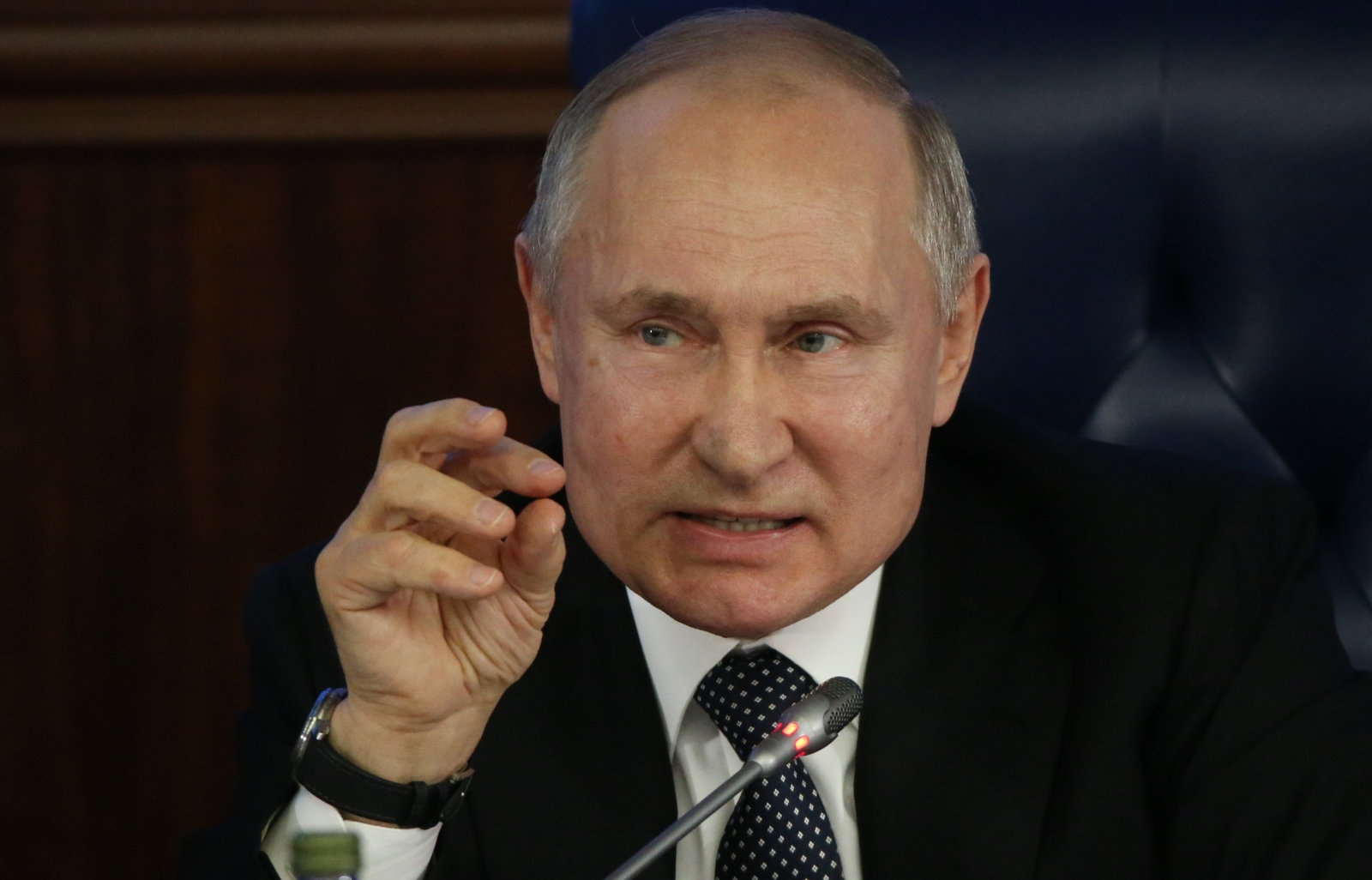Russia claims it has successfully tested its own internet
Russia has ramped up the balkanization of its technology and infrastructure over the past few months. The government’s “sovereign internet” law — which allows content to be blocked in an “emergency situation” — took effect in November, and President Vladimir Putin recently signed a law that bans the sale of devices without pre-installed Russian apps. Today, Russia’s Ministry of Communications announced that it has successfully tested a countrywide alternative to the internet, according to the BBC. How this network functions isn’t clear, but the Ministry of Communications claims that users didn’t notice any changes to their typical web use during the testing phase.
Countries like China, Iran and Saudi Arabia have already restricted what their citizens can access and how they can communicate with one another on the internet. Russia’s project — nicknamed Runet — presumably follows suit and lets the government filter content through its own censors. Runet “would get ISPs and telcos to configure the internet within their borders as a gigantic intranet, just like a large corporation does,” Professor Alan Woodward, a computer scientist at the University of Surrey, said to the BBC. This type of infrastructure would even make it difficult for VPNs to access blocked content. With all that said, it’s difficult to tell just how successful this test was, or how far along Russia is in its goal to create its own Great Firewall.
Technologists have theorized about a “splinternet” for nearly 20 years. While certain governments have tried to control how their citizens communicate and what content they can access, the world wide web has yet to fracture into a multitude of closed-off national webs. But as superpowers like China and Russia learn to balkanized their infrastructure, more nations could follow, and the internet could look very different down the road.
(29)




